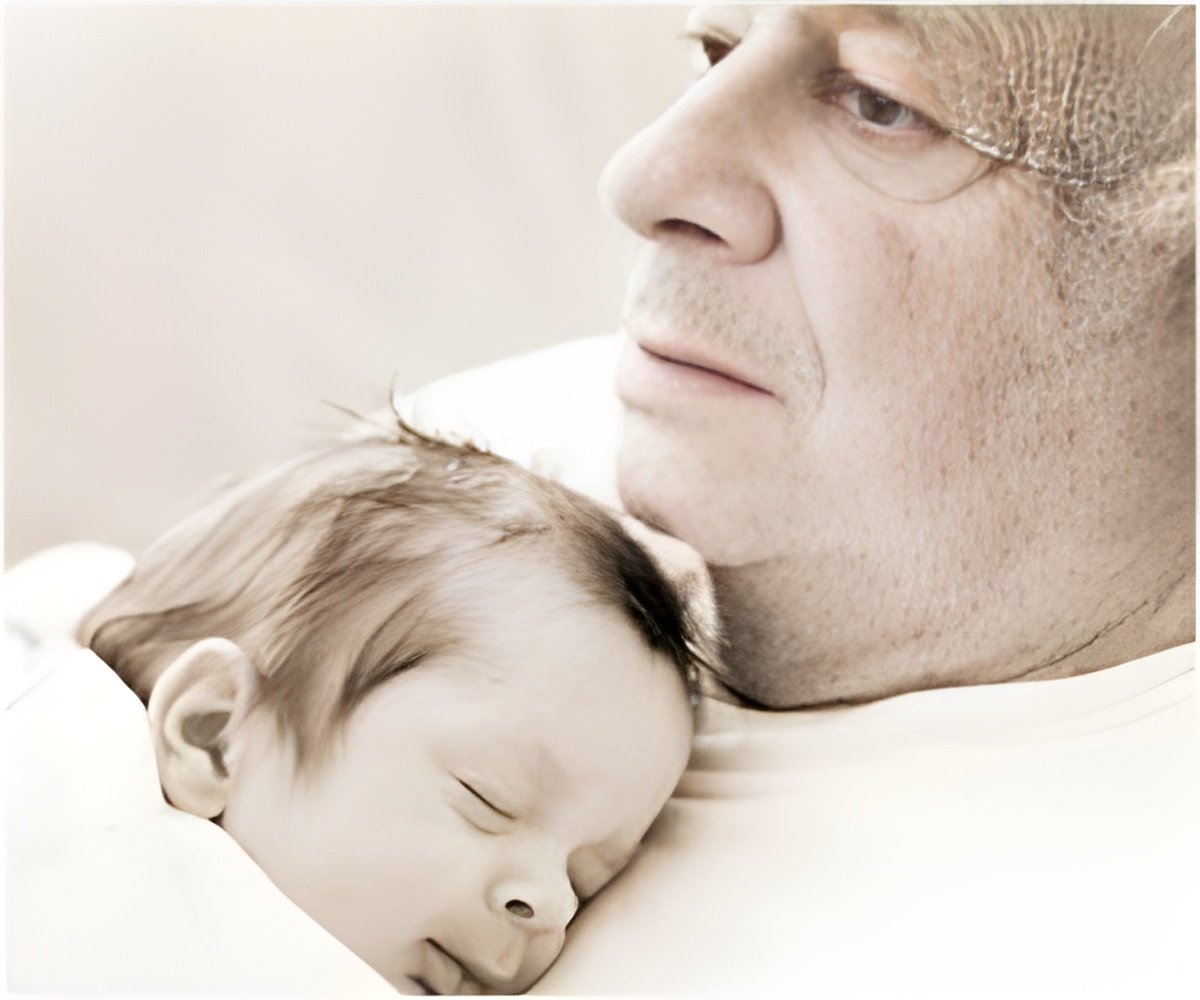A comprehensive review of the therapies currently available to treat HAE in adults shows that some of these treatments are also safe and effective for use in older children and adolescents.

Based on the current medical literature, Eveline Wu, University of North Carolina at Chapel Hill, and Michael Frank, Duke University Medical Center (Durham, NC), report that additional therapies are now approved for use in the pediatric age group. In their article 'Management of Hereditary Angioedema in Childhood: A Review' they also discuss clinical trials and published experience among younger age groups for which data are most limited.
"HAE is a potentially life-threatening disease that until recently had very limited therapeutic options for children," says Pediatric Allergy, Immunology, and Pulmonology Editor-in-Chief Mary Cataletto, MD, Professor of Clinical Pediatrics, State University of New York at Stony Brook (Stony Brook, NY). "This special issue of Pediatric Allergy, Immunology, and Pulmonology, developed in collaboration with Guest Editor Dr. Timothy Craig, has been created for physicians who care for children. It focuses on recent advances in HAE-related immunophysiology, as well as current and future therapies for acute and chronic care and prophylaxis."
Source-Eurekalert










